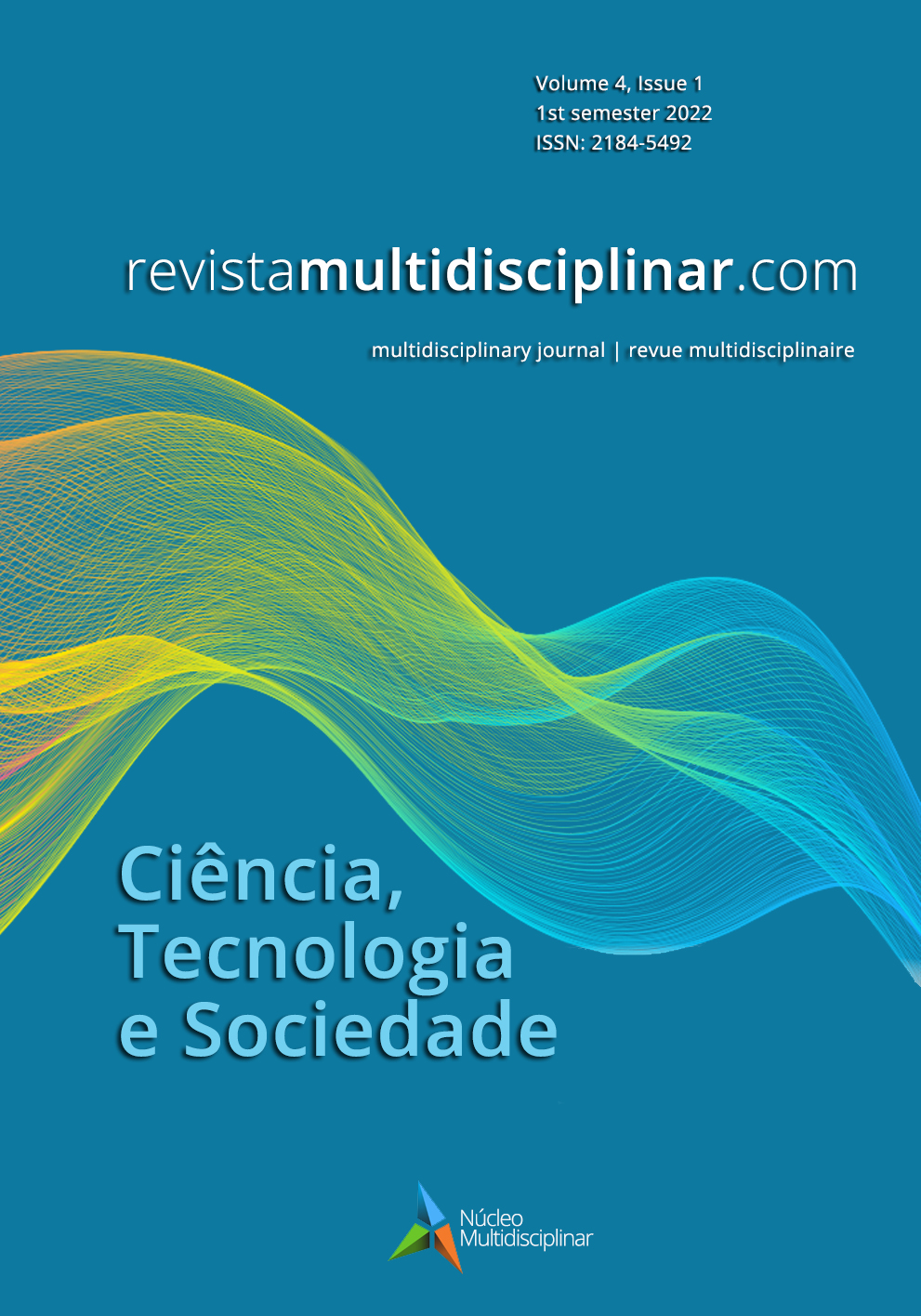Evaluation of the impact of school canteens on school performance and retention in primary schools
The Case of Benin
DOI:
https://doi.org/10.23882/rmd.22089Abstract
This study assesses the impact of school canteens on the performance and school retention of Beninese students at the primary level. The data used come from the PASEC2014 survey carried out on a representative sample of 3,033 pupils in CM2 and 732 pupils in CP. The propensity score matching method was used to evaluate the impact of canteens on student performance in reading and mathematics and on retention. The results show that canteens have a significant positive impact on student performance in reading and math and a negative impact on school dropout. In other words, canteens improve retention. Canteens improve the academic performance of private students more than those of public schools, even if they contribute more to the retention of children in public schools than those in private schools.
References
Adjé, E., et Sanni, M. A. (2017). Le décrochage scolaire au primaire chez les déscolarisés de 12-17 ans à Tchaourou : Niveau, variations et profils. In Tchaourou, une commune béninoise. Éditions science et bien commun. https://bit.ly/34ygD0x
Becker, S. O., et Ichino, A. (2002). Estimation of Average Treatment Effects Based on Propensity Scores. The Stata Journal: Promoting Communications on Statistics and Stata, 2(4), 358‑377. https://doi.org/10.1177/1536867X0200200403
Behrman, J. R., Parker, S. W., et Todd, P. E. (2010). Do Conditional Cash Transfers for Schooling Generate Lasting Benefits? 30.
Bless, G., et Bonvin, P. (2005). Le redoublement scolaire. Ses déterminants, son efficacité, ses conséquences.
Boraita, F. (2014). Les enseignants en formation face à la pratique du redoublement : Quelles sont leurs croyances ? Comment évoluent-elles ? Comment se structurent-elles [PhD Thesis]. Thèse de doctorat non publiée. Université de Genève, Genève, Suisse.
Caille, J.-P. (2004). Le redoublement à l’école élémentaire et dans l’enseignement secondaire : Évolution des redoublements et parcours scolaires des redoublants au cours des années 1990-2000. Éducation et formations, 69, 79–88.
Cueto, S. (2001). Breakfast and performance. Public Health Nutrition, 4 (6 a). https://doi.org/10.1079/PHN2001233
Diagne, A., J. Cabral, F., Doveodo, A., Ndoye, M., et Kane, K. (2008). Évaluation de l’impact des programmes de cantines scolaires sur les performances des écoles primaires rurales au Sénégal.
Glewwe, P., et Kremer, M. (2006). Chapter 16 Schools, Teachers, and Education Outcomes in Developing Countries. In Handbook of the Economics of Education (Vol. 2, p. 945‑1017). Elsevier. https://doi.org/10.1016/S1574-0692(06)02016-2
Houéssigbédé, A., et Alladatin, J. (2017). Le redoublement au primaire dans la commune de Tchaourou (Bénin) : Une analyse exploratoire. In Tchaourou, une commune béninoise. Éditions science et bien commun. https://bit.ly/3J78eR3
Jacoby, E., Cueto, S., et Pollitt, E. (1996). Benefits of a School Breakfast Programme among Andean Children in Huaraz, Peru. Food and Nutrition Bulletin, 17(1), 1‑11. https://doi.org/10.1177/156482659601700111
Lauwerier, T., Brüning, M., et Akkari, A. (2013). La qualité de l’éducation de base au Bénin : La voix des acteurs locaux. Recherches en éducation, 15, 120–136.
Magee, M. (2013). Cantines scolaires au Bénin. 16.
Murphy, J. M. (1998). The Relationship of School Breakfast to Psychosocial and Academic FunctioningCross-sectional and Longitudinal Observations in an Inner-city School Sample. Archives of Pediatrics et Adolescent Medicine, 152(9), 899. https://doi.org/10.1001/archpedi.152.9.899
Normandeau, S., & Nadon, I. (2021). La participation des parents à la vie scolaire d’enfants de deuxième année. Revue des sciences de l’éducation, 14(02), 299‑322. https://doi.org/10.7202/032032ar
Nourrisson, D. (2004). Manger à l’école ; : Une histoire morale. Food and History, 2(1), 227–240.
PASEC. (2016). PASEC2014-Performance du système éducatif béninois : Compétences et facteurs de réussite au primaire.
PASEC. (2017). Manuel d’exploitation des données : Évaluation internationale PASEC2014. PASEC, CONFEMEN, Dakar.
Paul, E. (2010). Déterminants de la performance des écoles secondaires en Haiti : Le cas du département du centre. https://bit.ly/3unsRUM
Pollitt, E., Cueto, S., et Jacoby, E. R. (1998). Fasting and cognition in well- and undernourished school children : A review of three experimental studies. The American Journal of Clinical Nutrition, 67(4), 779S-784S. https://doi.org/10.1093/ajcn/67.4.779S
Powell, C. A., Walker, S. P., Chang, S. M., et Grantham-McGregor, S. M. (1998). Nutrition and education : A randomized trial of the effects of breakfast in rural primary school children. The American Journal of Clinical Nutrition, 68(4), 873‑879. https://doi.org/10.1093/ajcn/68.4.873
Simeon, D. T. (1998). School feeding in Jamaica: A review of its evaluation. The American Journal of Clinical Nutrition, 67(4), 790S-794S. https://doi.org/10.1093/ajcn/67.4.790S
Smith, A. P. (1993). Meals, Mood and Mental Performance. British Food Journal, 95(9), 16‑18. https://doi.org/10.1108/00070709310045022
Tiendrebeogo, A. (2008). « Déterminants De l’efficacité Interne Du Sous-Système Educatif Primaire Au Burkina Faso ». 142.
Assankpon, A. (2017, décembre 26). Lutte contre la malnutrition/Le Bénin innove à travers l’opération cantine scolaire : L’alimentation scolaire, un filet de sécurité, de développement et de réussite. | www.l-integration.com - L’INTEGRATION - Actualité. L’Intégration. https://bit.ly/34fP3FM
Published
How to Cite
Issue
Section
License
Copyright (c) 2022 Judicaël Alladatin, Abel Borori, Augustin Gnanguenon, Appoline Fonton

This work is licensed under a Creative Commons Attribution-NonCommercial 4.0 International License.









